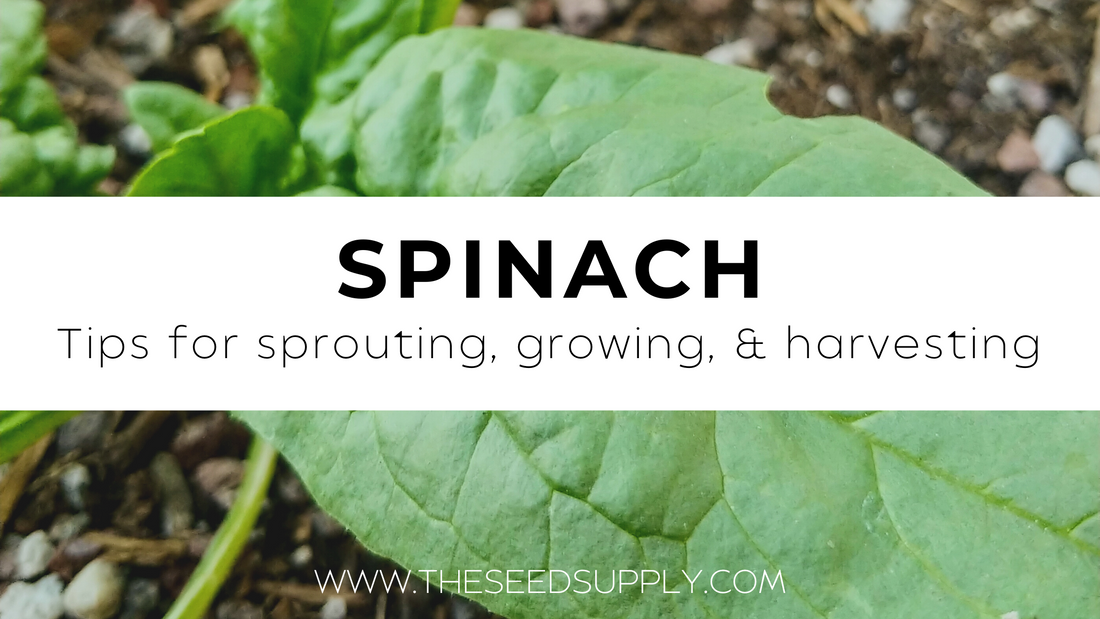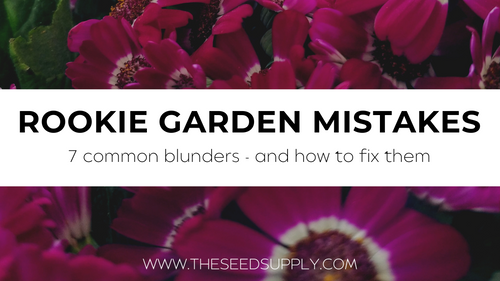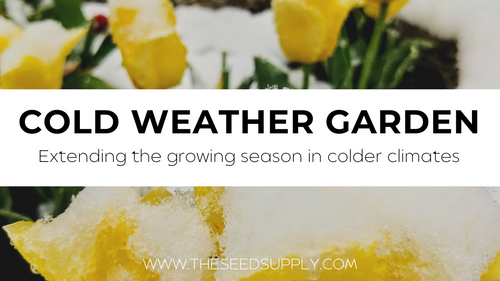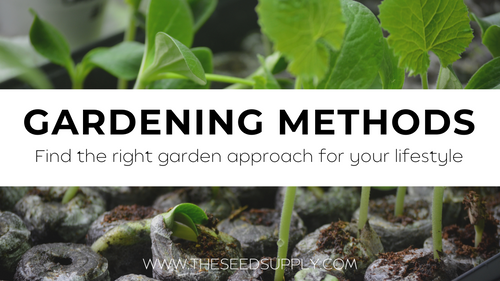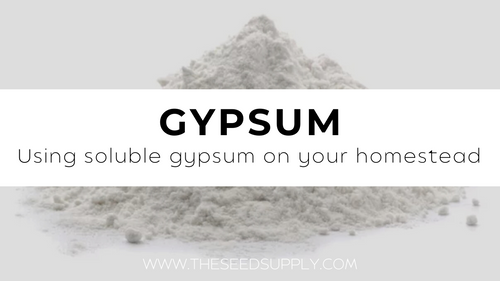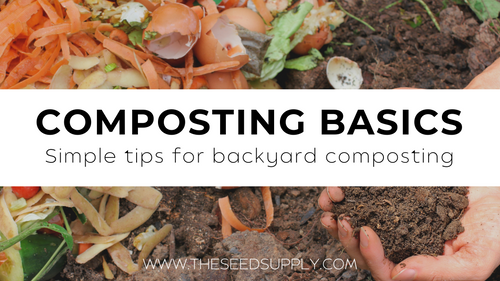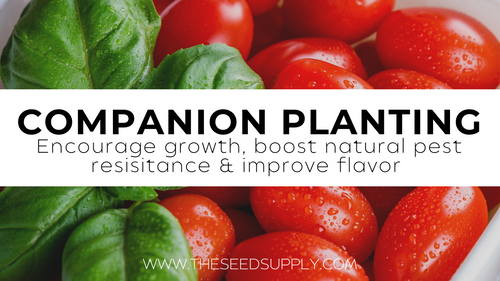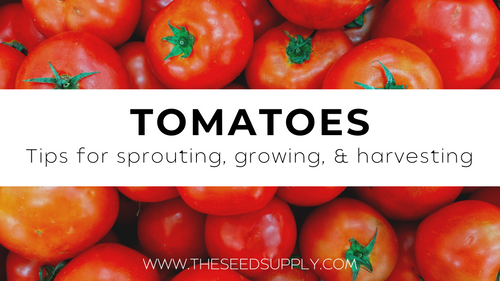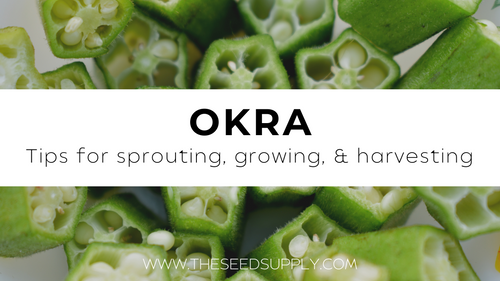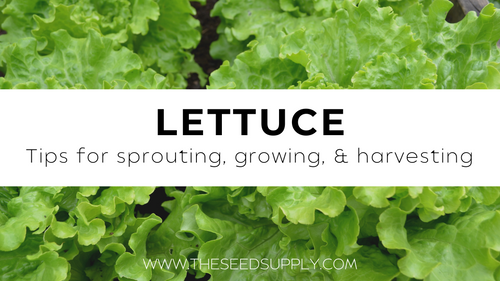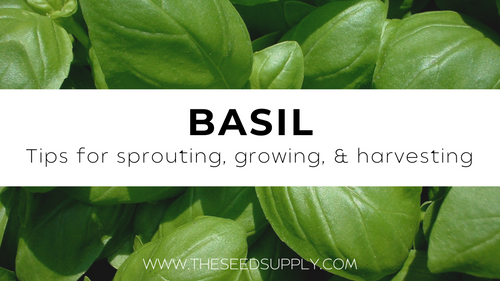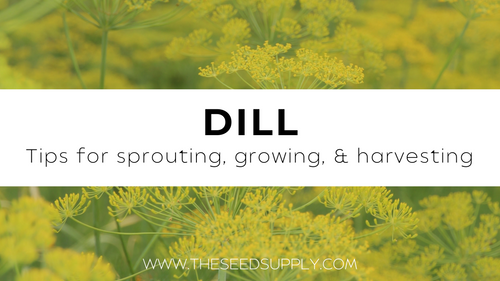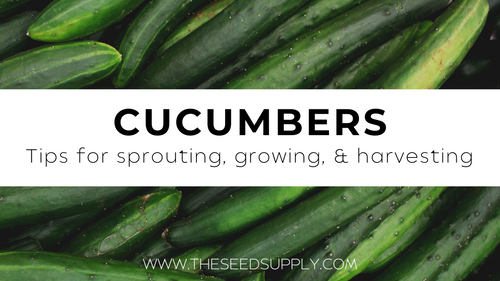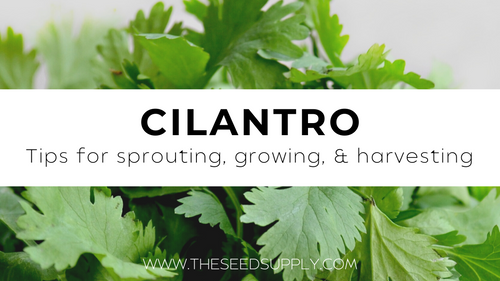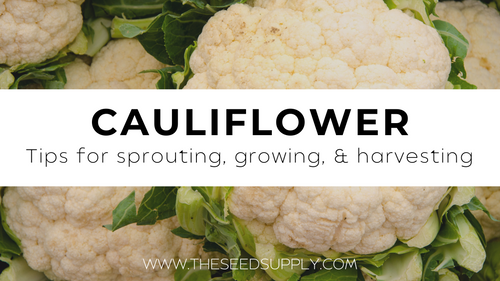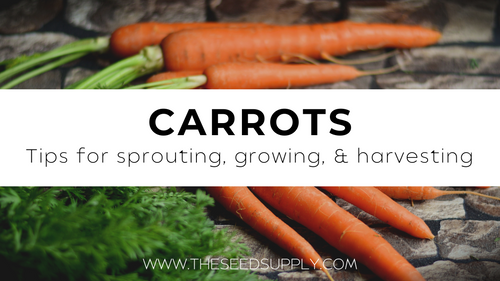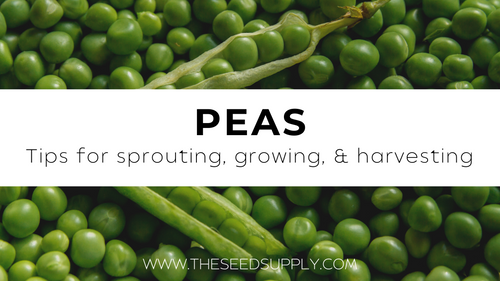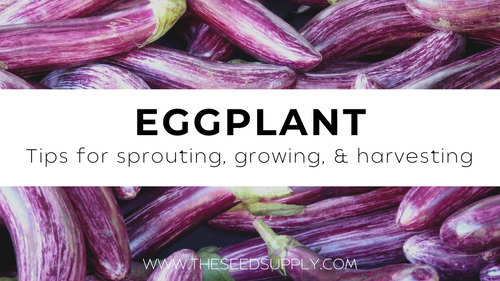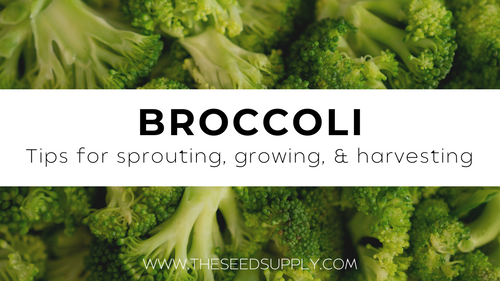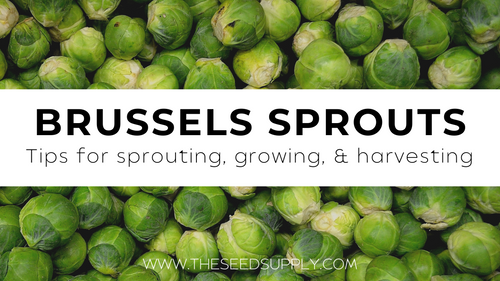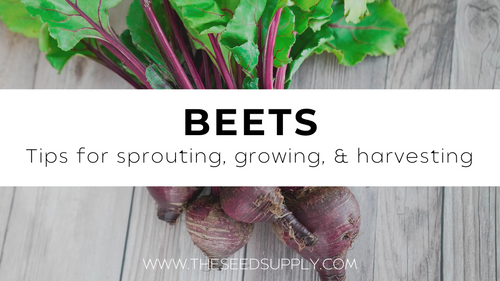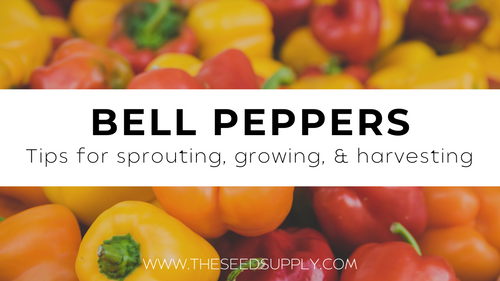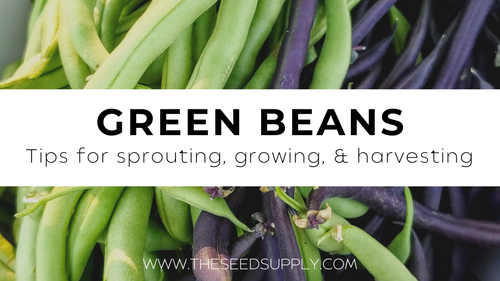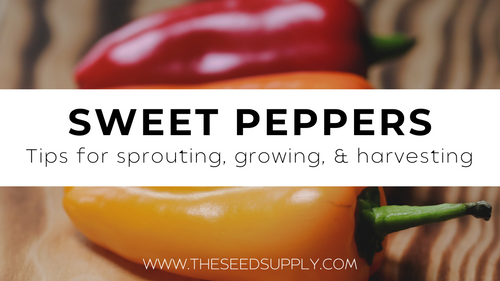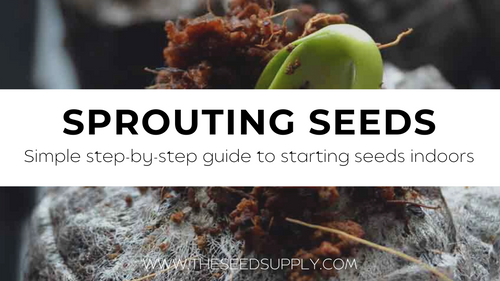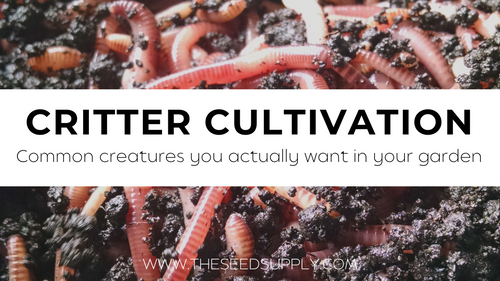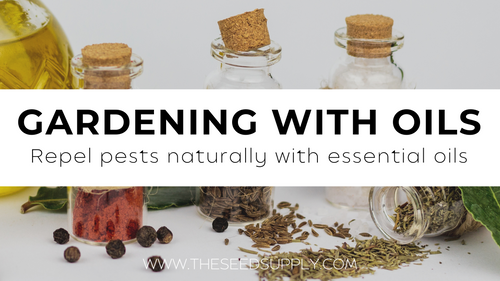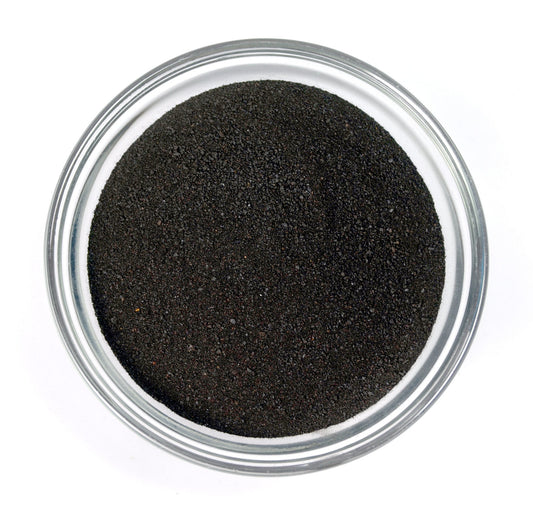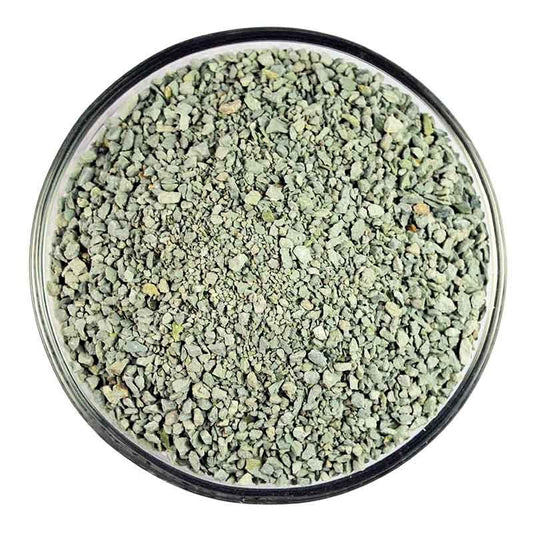Spinach is a cold-hardy vegetable that can be planted in very early spring as well as fall and winter. It is easy to grow and does well in cool spring and fall weather. Though it has a good yield and is slow to bolt, it is best to plant spinach in successive plantings to keep growing garden fresh spinach all season long. With similar growing requirements to lettuce, it is higher in iron, calcium, and vitamins than most cultivated greens, and one of the best sources of vitamins A, B, and C.
How to Grow Spinach:
- Although seedlings can be propagated indoors, it is not recommended as seedlings are difficult to transplant. Spring plantings can be made as soon as the soil can be properly worked.
- Sow seeds 1/2 inch to 1 inch deep, covering lightly with soil. Sow about 12 seeds per foot of row, or sprinkle over a wide row or bed.
Harvest
- Harvest the outer leaves when they reach 3″ long. For baby leaf snip as needed, when leaves reach about 2″ long.
- Pick from plant and use before it starts to bolt and becomes bitter tasting.
- Spinach can be eaten raw, sauteed, boiled, steamed and even creamed.
-
Wrap washed spinach leaves in a paper towel and store in plastic bag in fridge for up to 7 days.
- A pinch of baking soda in the cooking water keeps spinach greener.
Growing Tips
- Thin to stand about 6″ apart when seedlings are 1-2″ high. If growing for baby leaf use, do not thin.
- Due to its shallow roots, spinach plants need 1-11/2″ of rain or consistent watering weekly for continuous growth.
- Spinach can tolerate the cold; it can survive a frost and temps down to 15ºF.
Pests to Watch For:
- Leaf Miners
- Bolting
- Mosaic Virus/Blight
- Downy Mildew
